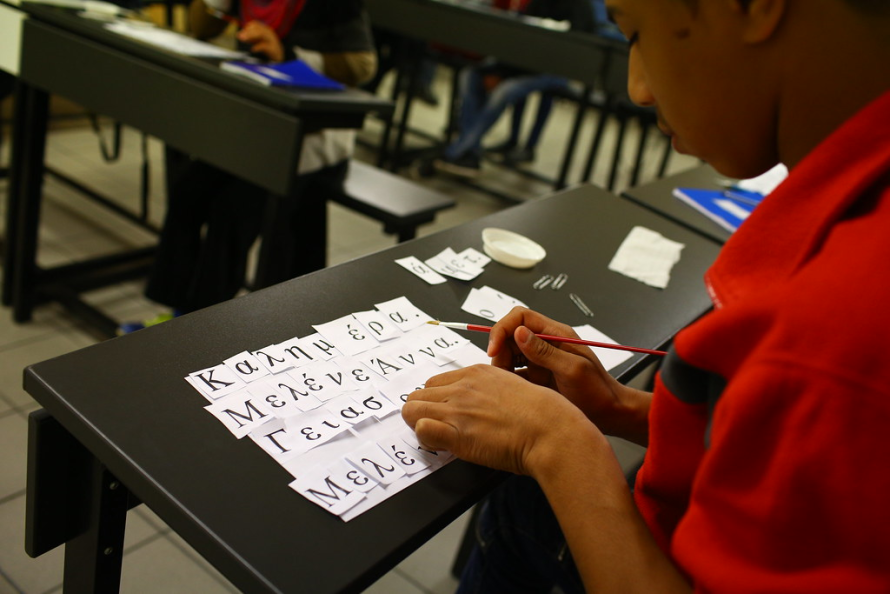
There is a gap between EU declarations and guarantees of migrant children’s rights and member state’s policies and practices concerning the integration of migrant children. The EU increasingly promotes integration policies that are based on the rights of the child insisting that integration should be understood as a two-way process. Yet some member states’ policies and practices shift responsibility for integration from the reception community to newcomers. As Jalušič and Bajt (2022) argue,
“[there are] some systematic discrepancies between policy and practice in the integration of migrant children in education. Such disparities reflect a lack of comprehensive national policy frameworks and approaches to ‘holistic integration’…, including tools for the ‘top-down’ implementation of integration strategies in the field of education. Moreover, in many countries the national education system has increasingly become a field of contestation where several opposing tendencies compete”.On the other side, migrant and refugee families in some member-states often refuse to encourage their children to learn the host country’s language, usually because they plan to move to another member-state that offers more support and opportunities. This is a serious integration impediment for the so-called “transit” EU countries.
Language-learning is crucial for children and young people's belonging and participation. Language support not only facilitates the integration process but is extremely important for children communication with their peers and for increasing their opportunities of being successful academically and socially. Language is the key tool to facilitate their sense of belonging to the new school and to the host country. Several EU countries’ educational systems simply focus on learning the host country's language.
But in the so-called “transit” countries of the EU’s South and East, migrants do not want to stay permanently. They plan to move to a Northern European country. And, as a result, they do not encourage their children to learn the host country’s language. This is a major impediment to successful integration.
Formal and informal education cooperation
Formal educational institutions in transit countries largely fail to find solutions to this problem. They do not have the flexibility to adapt to a changing milieu. Instead of focusing on foreign language teaching, of adopting innovative learning methods and of developing curricula that promote skills, they continue to devote most of their efforts in teaching the host country’s language. It is the wrong strategy. It is not what the migrant children’s families want.
The educational gap in non-language learning, is covered mostly by NGOs and other civil society organizations. They have the flexibility and the ability to innovate and teach informatics, intercultural communication, social and emotional skills, entrepreneurship etc. that are crucial for migrant children in transit. Civil society actors do a great job. Unfortunately, their initiatives and activities are often fragmented with little coordination. They suffer from lack of sustainability (project short time-frames), sometimes overlaps and duplication as well as high dependency on external financing. Their links with formal education institutions are limited. However, these contacts have a great potential to develop and built productive networks and innovative consortia. Nevertheless, national educational policies have not paid much attention to this. The generous funding offered to civil society organizations for training migrant children should be coupled with incentives and pressure to state institutions and public schools to cooperate with NGOs and other citizen initiatives.
References
Jalušič, Vlasta, and Veronika Bajt. "Whose children? The EU and Member States’ integration policies in education." Studies in Ethnicity and Nationalism (2022).
